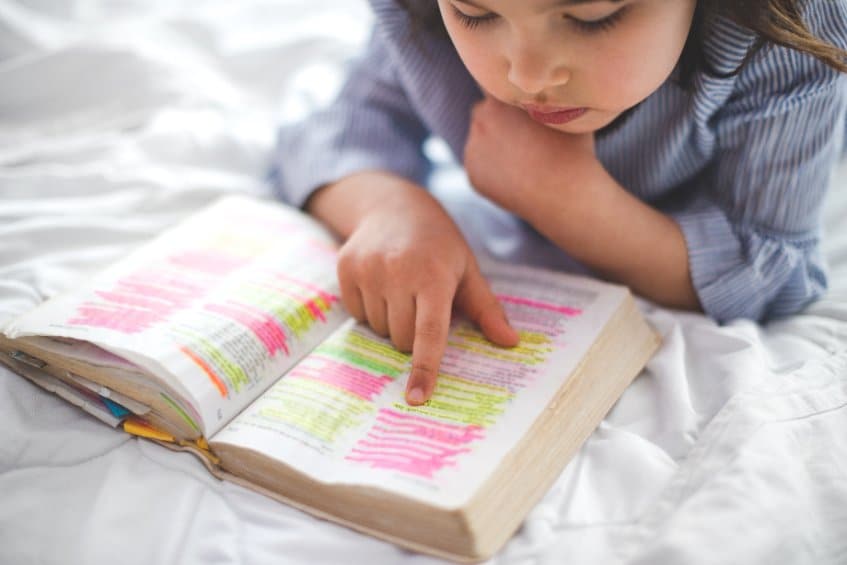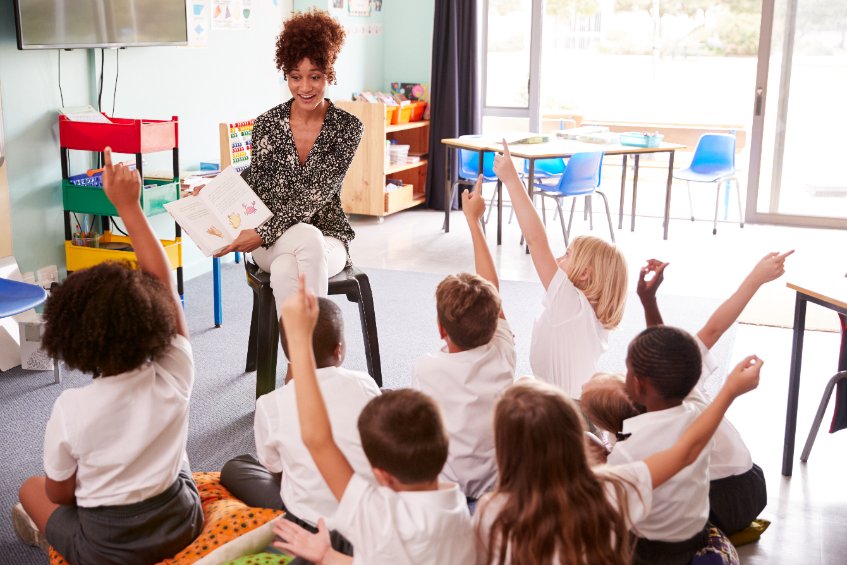Christian School vs Public School: 9 Pros and Cons
The decision of Christian or Public school can be a challenging one to make, but it’s always good to weigh the pros and cons of something when making a decision.
Christian or Public school is a personal preference and choice. However, some factors to help decide which option is best for the individual to include cost, diversity, the teachers, help for the disabled, learning environment, school atmosphere, belief and value system, social life, and rules.
There is no right answer to this for everyone, and some things that are a pro for some people might be a con for others, and vice versa. Below, categories were compiled and compared between the two types of schools.
Cost
The most common pro of public school is that from elementary to high school, it is free. At no cost to you, your child gets to receive an education and depending on the school free access to sports and their equipment as well as other extracurricular activities. However, some extracurricular activities have various fees.
These extracurricular activities are valuable because they provide a wide range of opportunities to get involved and be social while also finding activities you enjoy through clubs, sports, fine arts, and more. Along with this, transportation is provided and is also free, as public schools transport many of their students through busses.
An issue with public schools being free is that they are funded by the state. So, with state funding reduction, it is becoming more common that programs like art, P.E., and music are either limited or removed altogether. They tend to cut these activities from the regular school schedule but still make them available as extracurriculars.
A con of Christian schools is that they are private schools so you will most likely have to pay more than the average student attending a state university. (Source)
Diversity

One of the most well-known positive aspects of public school is the diversity. There are a plethora of cultures, ethnicities, religions, and backgrounds which some people could view as a con. However, diversity is a fantastic thing for children because it teaches them to be tolerant and accepting of people different than them.
This skill is highly valuable in life because when you go out into the world you quickly realize that everyone is different. In most workplaces you have to learn how to work with people different from you, public schools naturally teach this behavior.
Another aspect of Christian schools that can be a con is that there is a lot less diversity. While having your religion in common with everyone on campus can be a good thing, it can also feel limiting when it comes to the people you will meet.
Some cultures and ethnic backgrounds have a specific religion that they tend to be a part you will likelyou will see a lot less ethnic and cultural diversity. There will likely be a lack of diversity in the religions you encounter, but along with that, there comes a more narrow range of perspectives. (Source)
Teachers
In public schools, teachers are required to have specific credentials because of the state’s funding requirements. This ensures that students are being taught by someone credible. You wouldn’t want to have a doctor who didn’t go to medical school, so why would you want to receive an education and learn from someone who isn’t authorized or capable to do so.
Although private schools still have regulations and requirements for teachers, they often don’t have to follow federal standards, so there is an increased chance that they won’t be as capable or qualified as public school teachers.
Customization
Another huge pro of public schools is that they provide special education programs for students with disabilities. This is nice because if someone has a disabled child they don’t have to pay a ton of money for them to receive an education.
This is also nice because it gives them the same social opportunities while also allowing them to learn at the pace that they need. The program and care are specialized and customized to provide them with the best possible education.
Private schools might be accommodating, but many Christian schools don’t have the same resources and programs as public schools, so it might be harder for them to accept and truly be able to teach someone who is disabled. (Source)
School Atmosphere
As someone who has attended both public and a Christian school, I think that the most apparent positive aspect of a Christian school is that it is a different feeling and environment. The campus’ community tends to be more tightly knit and supportive.
In my experience, attending a religious school has made me feel less like an ID number in a crowd, as the professors are more active in talking to and creating relationships with students. The focus on the well-being of others lessens the feeling of being lost in the crowd and strengthens your sense of self and belonging.
Another pro of Christian schools that is also a con of public schools is that in Christian schools, there is more of a focus on building relationships with your teachers and peers so there are often activities geared to bonding and creating friendships. This isn’t something that is usually implemented in public schools to the same degree.
Class Environment
The classes in a Christian school are smaller than in the average public school, so the learning environment is more intimate and one on one help is more likely to be received. This is also helpful because, with the smaller school and class size, teachers are more likely to have positive relationships with their students.
The biggest con of public school that I remember is that the learning was tailored to the majority of students, so students that worked at a faster pace were left with nothing to do at the end of class.
In private schools, it seems that the content is mainly tailored to those who do understand the concept, and the people who do not comprehend it can seek help from the teacher one on one. If a person is an advanced student or learner, they will spend a lot of time waiting for the rest of the class to catch up to move on.
Going along with the previous paragraph, public schools often have larger class sizes which can make it harder to receive one on one help. Because of their size, it is also a common issue that students who really need help don’t receive it, partially because they become lost in the crowd of people.
There is also an increased likelihood that teachers don’t establish relationships with their students, sometimes they don’t even bother to learn names because of how many students and classes they have.
Belief and Value System

Another positive is that religion is incorporated into your education to strengthen its value. An example of this that I have personally witnessed is a prayer before the beginning of classes. This sets a positive tone before beginning learning.
Another way that it is incorporated into education is through the professors connecting learning concepts to religious ones. This easily strengthens the knowledge and understanding of both the religion and academic concepts, as you get to see how the topic applies to the religion you know and how the religion applies to the world.
Public schools are allowed to teach about religions and cultures but can not express any opinions on what is right, or what good beliefs and values are so you won’t learn many spiritual values or beliefs in a public school. This could be considered a pro or a con depending on the person.
Social Life
Sociability is a huge positive of Christian schools because everyone there is the same religion as you so they also tend to have the same values, morals, and beliefs. This makes it more likely to get along with people and generally helps you find people with similar values and mindsets.
Although diversity is great, we as humans tend to want to surround ourselves with people who want and like similar things as us. By going to a Christian school, you automatically have something in common with everyone you meet.
However, because everyone there has more things in common, it is very common for the students to have many cliques because they have to distinguish themselves somehow. They don’t have as many options to participate in a wide variety of activities or interests so they divide into groups based on commonalities they share.
Rules
There are a lot more limitations to the dress code. Christian schools often have very specific criteria for what students can wear. These requirements can range anywhere from hair length and color to piercings to shoulder and leg coverage. The specific guidelines would depend on the school, but they tend to be the same rules that the specific religion has set for its followers in general (in or out of their school).
Limitations on activities available are certain. Christian schools will most likely prohibit things that are considered okay for the general public such as drinking, smoking, sexual interactions, etc. It is to be expected that if it is not allowed in the religion, it is not going to be allowed at the school.
For most people, this is not a con because if you are already actively participating in the religion then you more than likely don’t participate in those activities anyway, so going to the school wouldn’t feel like you’re ‘giving up’ opportunities.
Public schools don’t have these same types of rules, as their dress code is much less strict and they don’t have limitations on things that are considered legal. This could be either a positive or a negative depending on your point of view.

